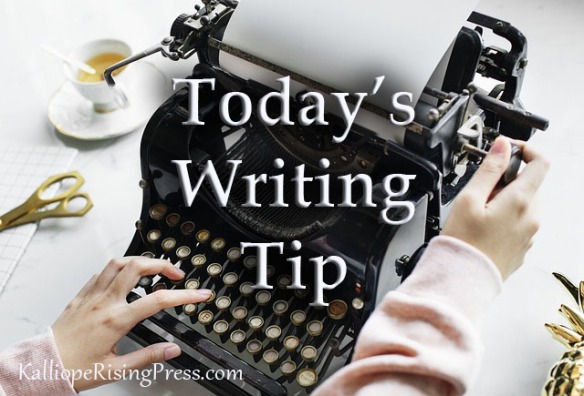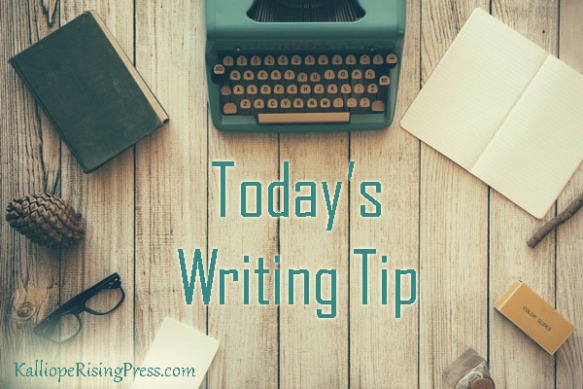
Editing is essential, but it’s extremely difficult to edit your own work. Hiring an editor isn’t simple. Besides the fact there are several different types of editor who perform different functions, many are simply clueless. Just because they can read they think they can edit. I have seen many indie books where the poor, unsuspecting author paid someone to edit their story and definitely didn’t get their money’s worth.
I don’t know about you, but the last thing I want to do is put out money and then not get what I expected in return. There are a couple ways to approach this problem.
1. When you read a well-written, nicely edited book, find out who the editor was from the author. There’s always a chance the author did a flawless job and the work wasn’t a credit to the editor at all, but it’s still better than no reference at all.
2. Make sure you have a clear understanding what you expect the editor to do. As noted earlier, there are many different kinds, from someone who functions largely as a proofreader who identifies typos (and if you’re lucky, incorrectly used words like those pesky homonyms), to those who essentially rewrite your entire story or even check your research.
3. In most cases you’ll get what you pay for. This, of course, is often the problem. Struggling authors can’t always afford an editor. This can be a huge mistake, just like slapping one of those rather pathetic canned covers on it. However, there is a way around it that can work and that is to arrange a beta exchange with another author. Just make sure both of you are skilled enough to do the job and you agree on your expectations, format, etc.
There’s a description of the different types of editor on my other website here. Yes, I do editing and my rates are based on what you want as well as the condition of your manuscript, of which I’ll want a sample so I can give you a personalized bid.










